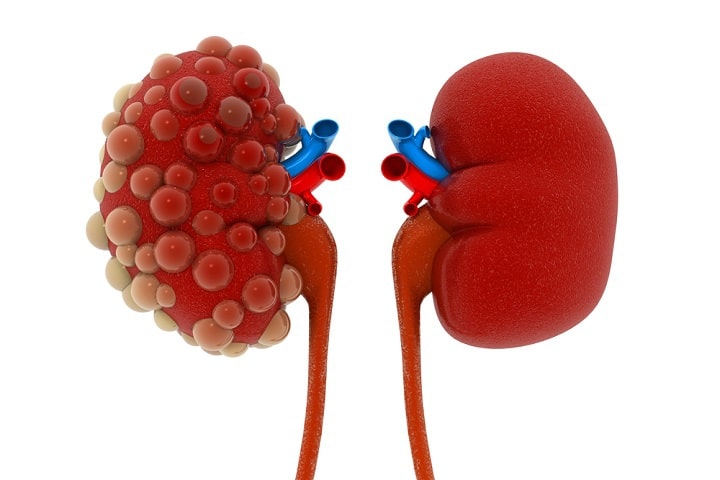Chronic Kidney Disease (CKD) Causes

Chronic kidney disease (CKD) is a long-term condition that involves a gradual loss of kidney function. As CKD progresses, the kidneys lose their ability to remove toxins and excess fluid from the body effectively. The loss of kidney function is incremental in five stages and generally occurs over several years. It is important to note that CKD does not always progress to stage 5, commonly called end-stage kidney disease or kidney failure. With effective management of CKD, the progression of the disease can be slowed down substantially.
What causes kidney failure: Common causes of chronic kidney disease (CKD)
The causes of CKD can vary and even be unclear for some patients. CKD is often caused by other pre-existing health conditions. Here, we will focus on the most common causes.
Factors that increase the risk of kidney disease
Apart from these common causes of kidney disease, there are other factors that put you at an increased risk of developing CKD and rapid CKD progression. As early-stage CKD rarely displays any symptoms, it is vital to identify the risk factors and monitor your health accordingly.